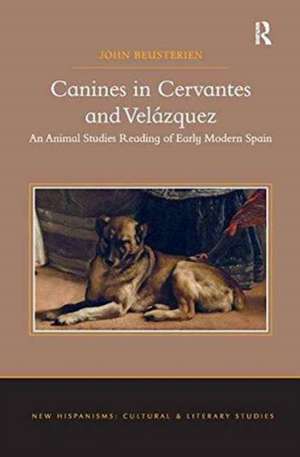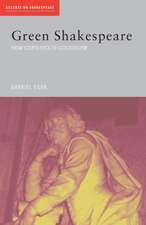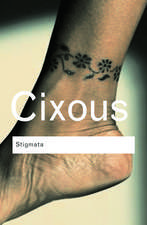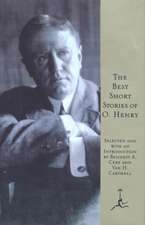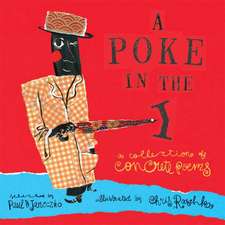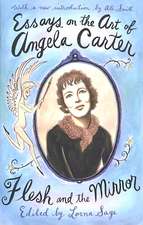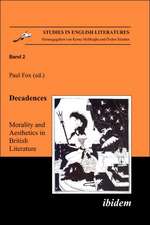Canines in Cervantes and Velázquez: An Animal Studies Reading of Early Modern Spain
Autor John Beusterienen Limba Engleză Paperback – 28 noi 2016
| Toate formatele și edițiile | Preț | Express |
|---|---|---|
| Paperback (1) | 482.62 lei 6-8 săpt. | |
| Taylor & Francis – 28 noi 2016 | 482.62 lei 6-8 săpt. | |
| Hardback (1) | 1052.35 lei 6-8 săpt. | |
| Taylor & Francis – 28 apr 2013 | 1052.35 lei 6-8 săpt. |
Preț: 482.62 lei
Nou
Puncte Express: 724
Preț estimativ în valută:
92.36€ • 95.84$ • 77.20£
92.36€ • 95.84$ • 77.20£
Carte tipărită la comandă
Livrare economică 17-31 martie
Preluare comenzi: 021 569.72.76
Specificații
ISBN-13: 9781138271906
ISBN-10: 113827190X
Pagini: 162
Dimensiuni: 156 x 234 mm
Greutate: 0.45 kg
Ediția:1
Editura: Taylor & Francis
Colecția Routledge
Locul publicării:Oxford, United Kingdom
ISBN-10: 113827190X
Pagini: 162
Dimensiuni: 156 x 234 mm
Greutate: 0.45 kg
Ediția:1
Editura: Taylor & Francis
Colecția Routledge
Locul publicării:Oxford, United Kingdom
Notă biografică
John Beusterien is Associate Professor of Spanish and Director Comparative Literature Program in the Department of Classical and Modern Languages and Literatures at Texas Tech University, USA.
Recenzii
Classified as 'Research Essential' by Baker & Taylor YBP Library Services ’John Beusterien's Canines in Cervantes and Velázquez views the history of early modern Spain through the lens of species difference, providing a dog's-eye view of the period's rich literary, visual, and dramatic achievements. A learned and intriguing study.’ Bruce Boehrer, Florida State University, USA ’John Beusterien’s book demonstrates that the compassion and empathy of Cervantes and Velázquez was not limited to members of their own species. In a world filled with cruelty toward human and nonhuman animals alike, Cervantes and Mateo Alemán could disapprove of Rabelaisian humor in which a madman smashes rocks on a dog’s head. Early modern Spain was not just one prolonged bullfight, and, by applying an animal studies approach, Canines in Cervantes and Velázquez shows us just how human hierarchy and abusive use of other animals might be challenged through humane reflections on dogs. Montaigne was not alone in the early modern world.’ Abel Alves, Ball State University, USA and author of The Animals of Spain 'Canines in Cervantes and Velázquez successfully plots a new line of cultural analysis for early modern Iberian Studies ... this book makes an important contribution to the field and fully merits the reader's attention.' Bulletin of Hispanic Studies
Cuprins
Introduction; Chapter 1 The Hidden Dog; Chapter 2 A Cervantine Animal Exemplum; Chapter 3 When the Dog is a Book; Chapter 4 As Death Approaches; Chapter 101 Afterword;
Descriere
To date, no scholarly history of early modern Spanish dogs has been published. Aside from carrying out this task, this book evaluates the representation of dogs in the work of the artist Diego Velázquez and the author Miguel de Cervantes. In general, this study highlights the importance of Animal Studies in providing readers a fresh approach to the historical, artistic and literary complexity of early modern Spain.
